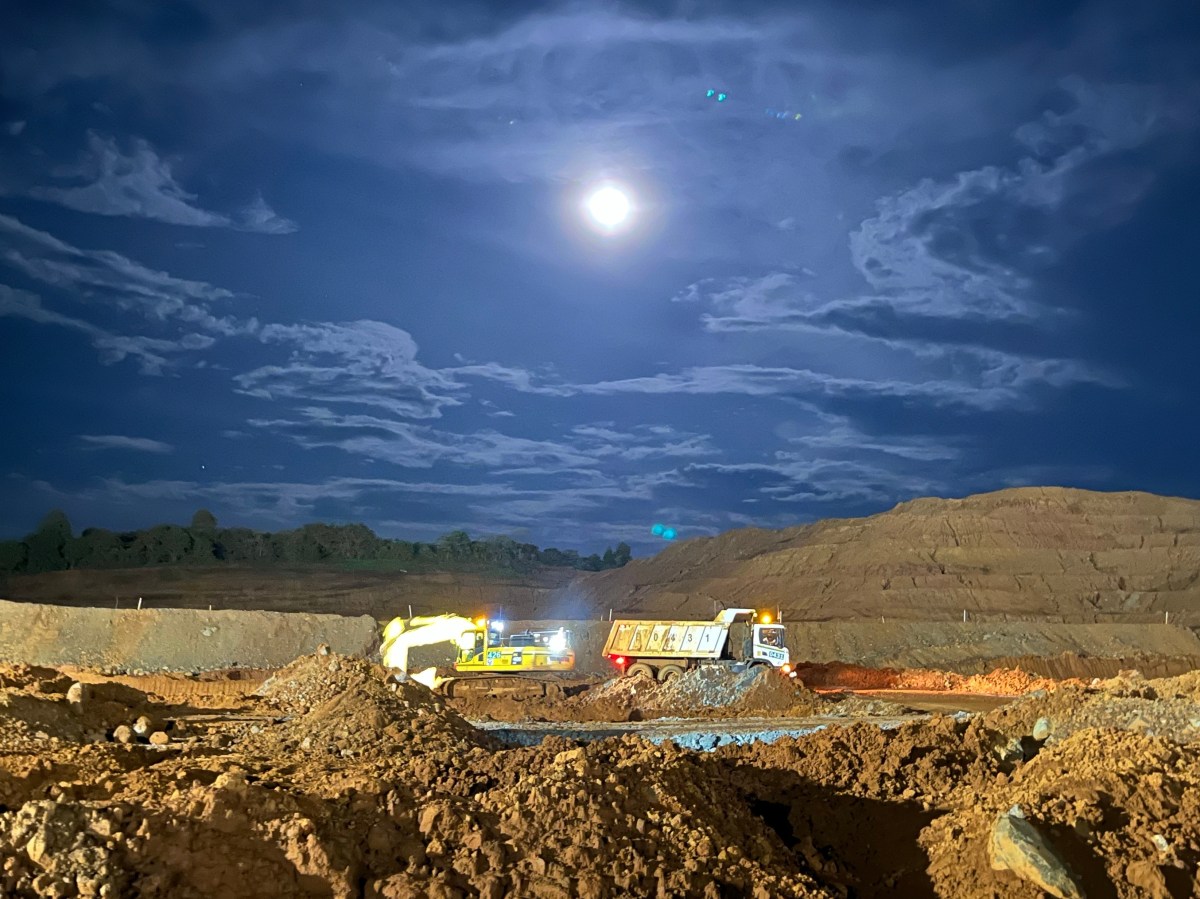Australia’s Fuel Tax Credit (FTC) Scheme is undermining climate targets, weakening productivity and draining billions from the federal budget every year.
It has seen Australia’s biggest miners bank close to $60 billion in diesel fuel tax subsidies in less than 20 years – 3.6 times more than agriculture, and 2.4 times more than the transport industry.
In Australia, imported liquid refined petroleum products such as diesel, automotive petrol and fuel oil are subject to a fuel tax, a customs duty on imports.
The FTC Scheme rebates this full customs duty – currently 51.6 cents per litre – paid on imported diesel used off-road in industry, predominantly mining. The Scheme incentivises fossil fuel use and emissions, with the main beneficiaries being large mining companies, including foreign coal majors.
This makes the FTC Scheme Australia’s largest taxpayer-funded fossil fuel subsidy and a Top 20 federal budget expense.
The $11 billion annual taxpayer-funded rebate overwhelmingly benefits iron ore majors BHP, Rio Tinto, Fortescue, and Hancock Prospecting, as well as foreign-owned coal producers including Glencore, Peabody Energy, Yancoal, Mitsubishi, Whitehaven and Anglo American, who all avoid paying fuel tax on the diesel burned by off-road vehicles such as heavy haulage trucks, mobile mining equipment and locomotives.
The reform proposal
A new report from Climate Energy Finance (CEF) urges the Albanese government to urgently reform the FTC Scheme from an energy transition headwind into a tailwind, incentivising decarbonisation and electrification in the mining industry at speed and scale.
The report warns that without reform, Australia will hand back almost $84 billion in fuel tax credits to major miners by 2030. To counter this, CEF recommends introducing a $50 million annual fuel tax subsidy cap per group. Any rebates above the cap could only be retained if reinvested into clean technology, such as electric haul trucks or renewable power infrastructure. In effect, a fossil fuel subsidy would become a cleantech investment incentive.
Such reform aligns with government goals on productivity, resilience, budget sustainability and emissions reduction, and helps position Australia to lead in renewables-processed exports such as green iron.
Climate Energy Finance founder Tim Buckley said reforming the scheme would “drive the greening of the Australian mining industry…boosting productivity, bolstering energy security, and aligning taxpayer spending with Australia’s climate, budget and economic resilience objectives.”
View the full report: ‘Transition Tax Incentive: Reforming Fuel Tax Credits into a Decarbonisation Tailwind’
Climate Energy Finance (CEF) is an Australian-based, philanthropically funded think tank established in 2022 that works pro bono in the public interest on mobilising capital at the speed and scale needed to accelerate decarbonisation and the energy transition consistent with the climate science.

